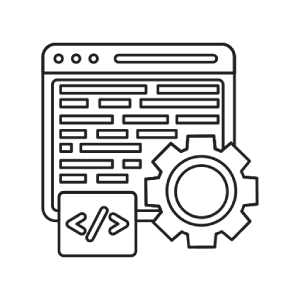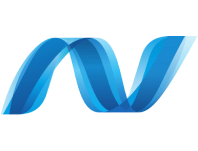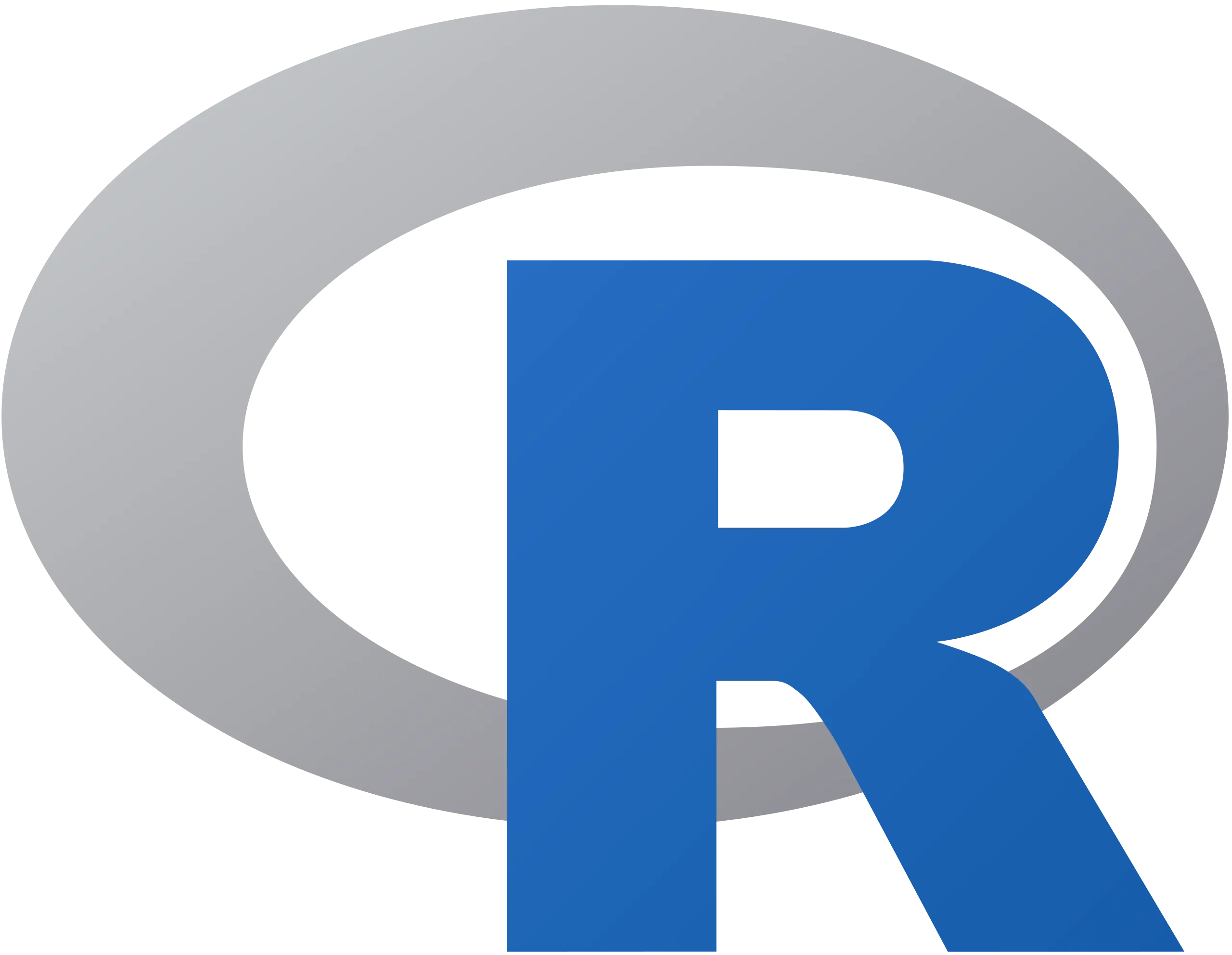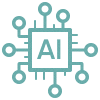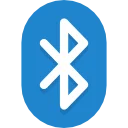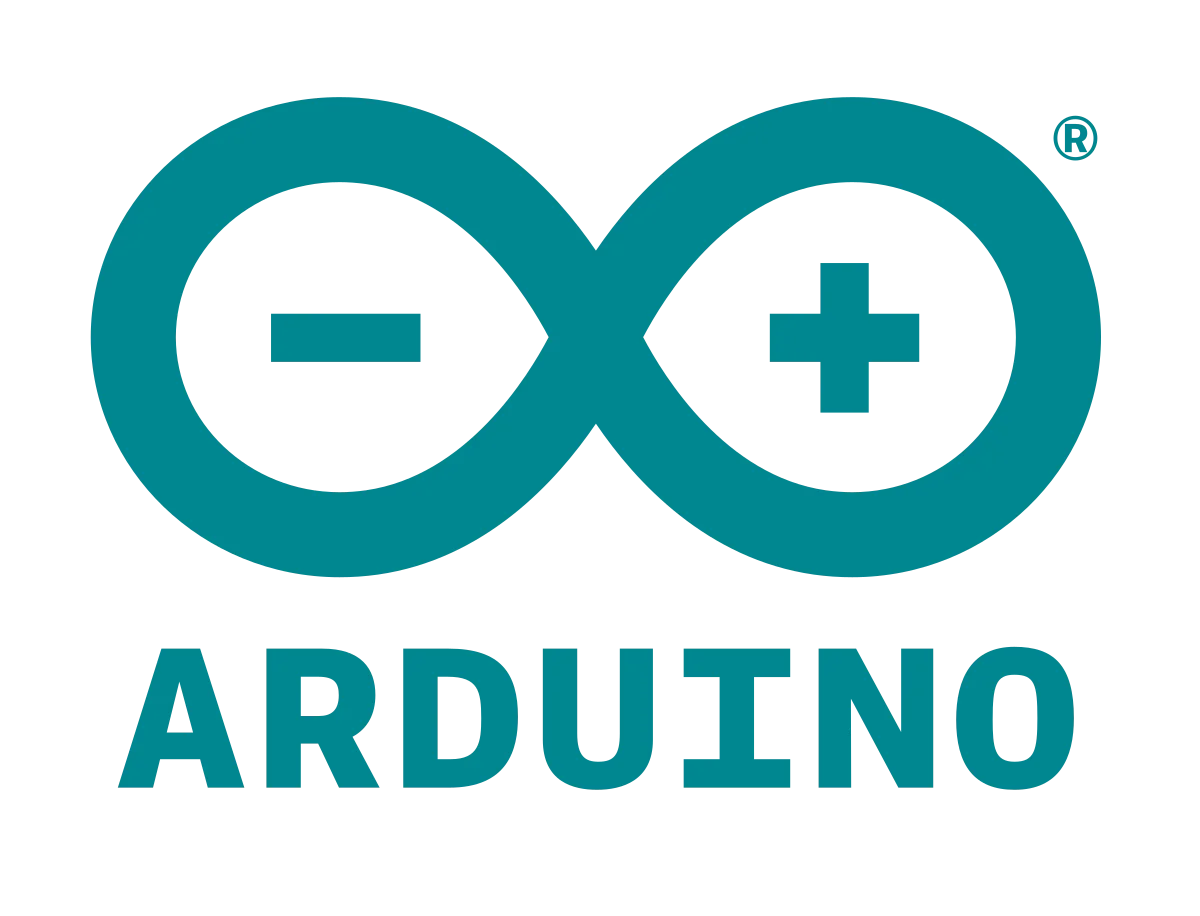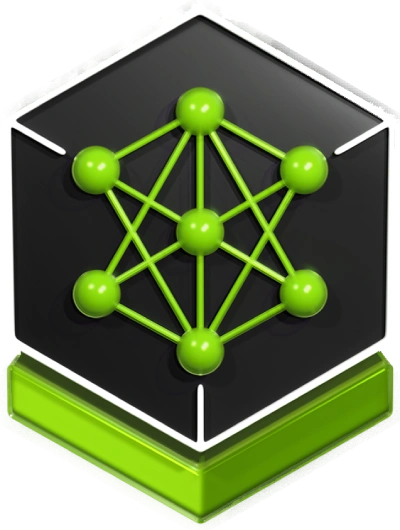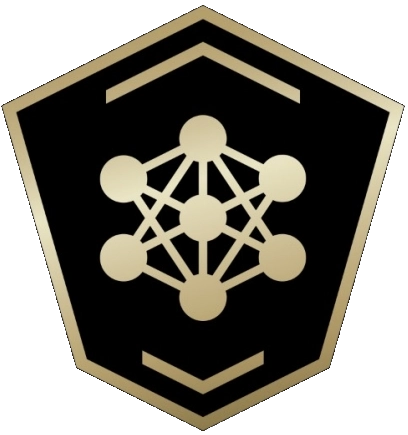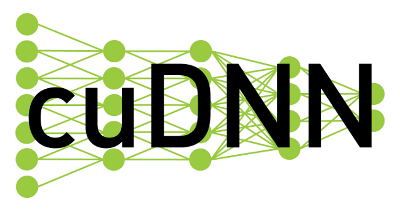Years
Driving innovation and delivering value for over two decades in the IT industry.
Clients
Trusted by a global client base with a 90% retention rate and stellar satisfaction.
Countries
Empowering industries across 25+ nations with cutting-edge tech solutions.
Projects
Successfully completed 5000+ projects with advanced technologies and expertise.
When Do You Need an
Agile Development Method?

Project Scope is Unclear
Agile is ideal when a project’s full scope isn't defined. Its flexibility allows continuous adjustments as requirements evolve, helping teams adapt to changing priorities without sacrificing delivery quality.
High Stakeholder Involvement
Agile's iterative process benefits projects with constant stakeholder feedback. Regular touchpoints ensure alignment, enabling quick adjustments based on input and reducing risks.
Frequent Requirement Changes
Agile’s flexibility accommodates frequent changes in requirements due to market shifts or evolving needs, thriving in dynamic environments.
Cross-Functional Collaboration
Agile fosters communication and collaboration across teams (development, design, QA) through daily stand-ups and sprint reviews, ensuring alignment and transparency.

Delivering Impact with Agile
At Softlabs Group, we believe in an Agile approach that combines teamwork, strategic planning, and innovative solutions to deliver high-impact software. Our Agile methodology focuses on continuous collaboration, effective problem-solving, and adaptability, ensuring that we deliver top-quality solutions tailored to our clients' evolving needs.
Each step in our process—from idea generation to implementation—fosters flexibility, creativity, and results-oriented solutions, empowering businesses to scale and succeed.
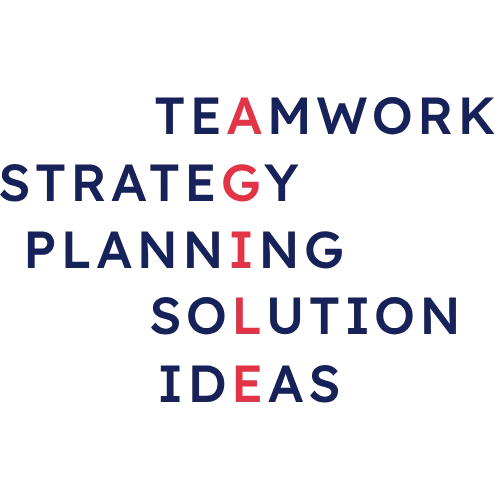
Agile Development Services Offered by Us
Our comprehensive range of Agile services is designed to help you deliver projects faster, with greater flexibility and efficiency. From consulting to development and testing, we provide solutions that adapt to your evolving needs.
Agile Consulting
We help you transition to Agile by assessing your current processes and implementing tailored strategies to improve efficiency, collaboration, and project delivery.
Product Development
From ideation to delivery, we use Agile methodologies to develop products iteratively, ensuring flexibility, faster market delivery, and continuous improvement based on real-time feedback.
Agile Project Management
Our experienced Agile project managers ensure smooth sprint cycles, stakeholder alignment, and timely delivery by continuously adapting to project changes.
Agile Testing & QA
We integrate testing throughout the development lifecycle to ensure continuous quality and functionality, reducing the risk of costly post-launch issues.
DevOps Integration
By combining Agile with DevOps, we streamline development and operations, enabling faster releases, improved collaboration, and enhanced scalability.
Ready to start a new Agile Development Project?
Technologies and Tools Used for Agile Services
We use top Agile tools and technologies to ensure seamless collaboration, efficient management, and high-quality delivery.
Project Management and Collaboration

Jira
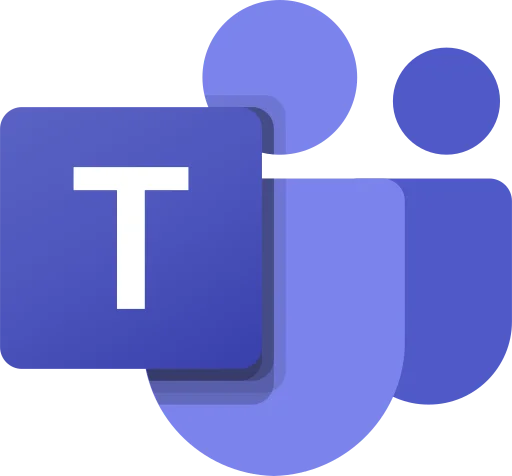
Microsoft Teams
Code Quality and Review
Sonarqube
Code Climate
Containerization and Virtualization
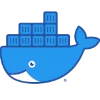
Docker
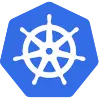
Kubernetes
Monitoring and Analytics
New Relic
Datadog
Version Control and Source Code Management

Git

Github

Bitbucket
Continuous Integration/Continuous Deployment (CI/CD)

Jenkins

CircleCI
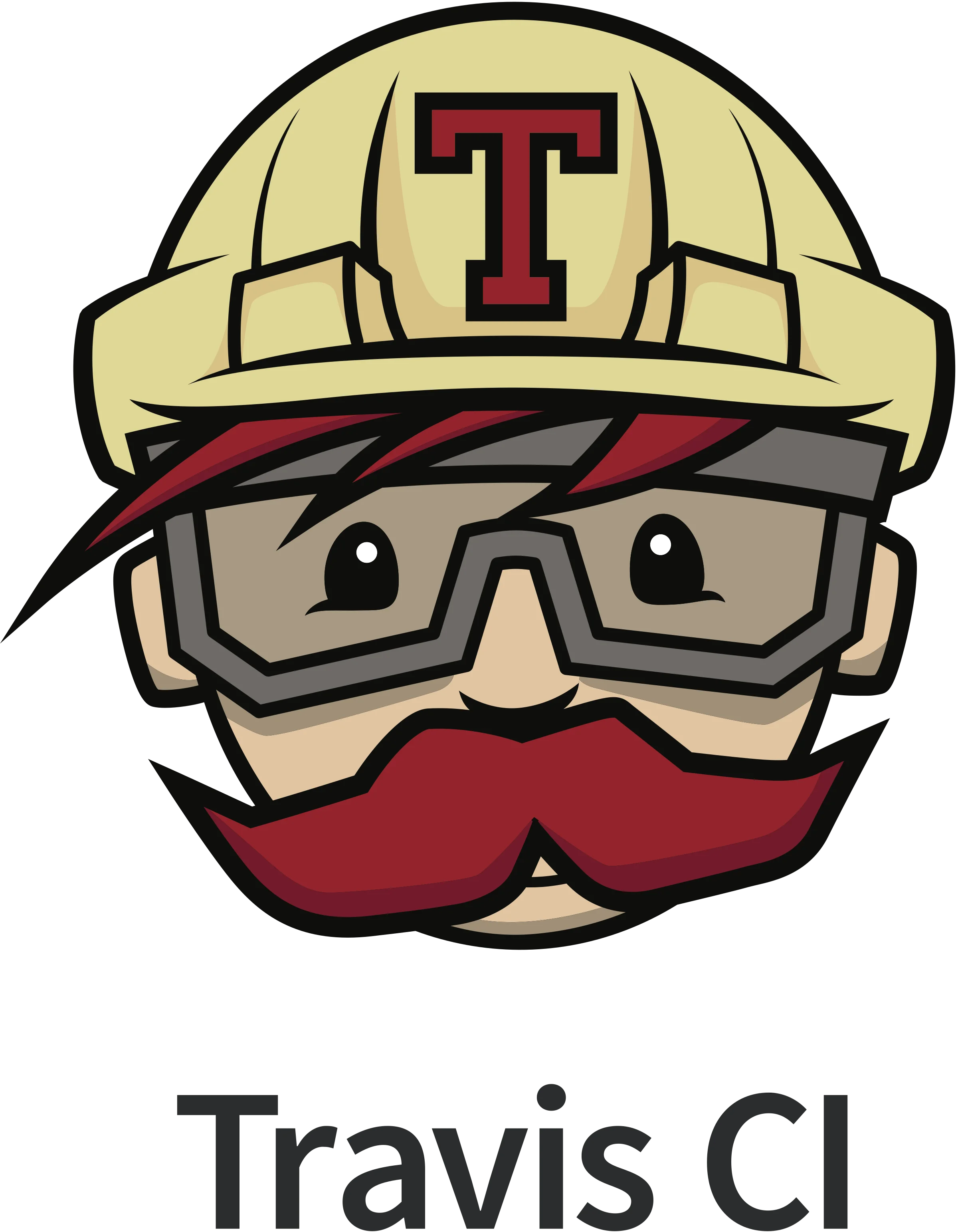
Travis CI
Automated Testing
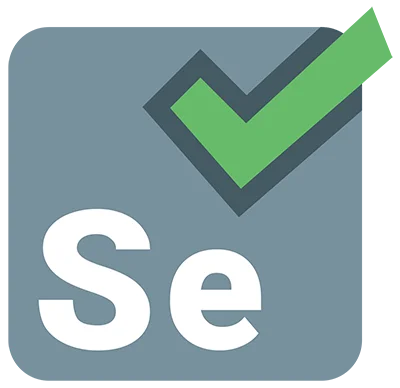
Selenium
JUnit 5
Bitbucket
Our Agile Development Process
We follow a structured yet flexible agile development process that ensures transparency, collaboration, and efficiency at every stage. Here’s how we do it:

Planning
We begin with in-depth discussions to understand your goals, challenges, and vision, creating a solid foundation for your project.

Iteration & Development
Our iterative cycles allow us to develop features in manageable segments, ensuring frequent updates and continuous improvements.

Collaboration
We prioritise open communication, keeping you informed and involved throughout the process.

Testing & Feedback
Each iteration undergoes rigorous testing, and your feedback is incorporated, ensuring the final product meets your expectations.

Delivery
We deliver a high-quality, functional software solution, ready for deployment.

Continuous Support
Our team provides ongoing support and maintenance to ensure your project remains up-to-date and efficient.
Agile Methodologies and Frameworks We Follow
We employ proven Agile frameworks to deliver flexible, adaptive, and high-quality solutions tailored to your project needs.

Scrum
We use Scrum to manage complex projects by breaking them into manageable sprints, enabling frequent deliverables and continuous feedback for constant improvement.

Lean
Lean helps us minimise waste and optimize processes, ensuring that we deliver maximum value while reducing inefficiencies in both time and resources.

Kanban
Kanban allows us to visualize workflows, manage tasks in real time, and ensure smooth project progression, enabling faster delivery and increased flexibility.

XP (Extreme Programming)
We apply XP to improve software quality through frequent releases, paired programming, and ongoing testing, ensuring rapid, reliable, and scalable solutions.

FDD (Feature-Driven Development)
FDD enables us to focus on developing client-valued features quickly, with iterative planning and delivery that ensures high-quality results aligned with business goals.
Success Stories of Agile Development
Explore how our Agile approach has delivered impactful results for clients across various industries.
Dating Application
React Native | Node Js | Express | Miscroservices
Reverse Morgage based lending platform for senior
PHP Core | Vue Js | MySQL
Real Estate Investment Trust
React Native | Node Js | Express | Miscroservices
Capital Project planner
React Native | Node Js | Express | Miscroservices
What Our Clients Say
Hear directly from our clients about how our Agile development approach has helped them achieve their goals with efficiency, flexibility, and success.
AI-Based Fleet & Compliance Management
Construction
Scalable & Efficient AI Solutions for End-to-End Operations
"Softlabs Group delivered an exceptional AI-driven solution that transformed our workflow. Their expertise in fleet management, worker safety, and compliance monitoring provided a scalable system that seamlessly integrated into our infrastructure, optimizing logistics and ensuring regulatory compliance."
IT Project Lead, Leading Construction Company
CRM and Operations Software
Energy Sector
Exceptional Quality & Expertise
"Compared to our previous developers, Softlabs development quality is outstanding. Their expertise is highly commendable. They provided real-time feedback on project progress, clearly outlining what is feasible. Their flexibility and willingness to adapt when needed were truly appreciated."
Operations Manager, Energy Sector
Credit Rating Software
Manufacturing
User-Centric & Highly Responsive
"Softlabs Group understands end-user needs and develops tailored solutions accordingly. Everyone I interacted with was extremely courteous and professional. Their dedication, critical thinking, and responsiveness stood out. I have no hesitation in recommending Softlabs to anyone seeking a reliable development partner. "
Managing Director, SKYGOLD Ltd.
ID Verification Software
Recruitment
High-Quality & Timely Delivery
"The team did an outstanding job delivering high-quality software within the given deadlines. They were always available to discuss project details, ensuring we stayed on the right track. I highly recommend their services to anyone looking for a dedicated and highly experienced team. "
CEO, Talent Acquistion Company
Survey Management Platform
Research
Quality, Adaptability & Collaboration
"Softlabs Group developed a robust web-based application that streamlined our operations. Their expertise in software development, adaptability, and collaboration ensured a seamless implementation. The team's dedication to quality and effective communication made a significant impact on our success. "
Sr. Manager, Research Industry
Investment Portfolio Management System
Financial
Successful Results & Long-Term Commitment
"Softlabs Group's service and results have been highly successful for us. Their team ensures clear and consistent communication, conveying project details effectively. Their commitment to long-term partnerships goes beyond project goals, fostering strong collaboration for future success."
Senior IT Manager, Mutual Fund Distribution Co.
Capital Project Planning Software
Construction
Intelligent & Data-Driven Solutions for Capital Planning
"Softlabs Group developed a Capital Project Planner that streamlined budgeting, forecasting, and third-party integrations. Their expertise in data synchronization and quality analysis ensured seamless operations. Their problem-solving approach helped optimize resources and improve decision-making."
Project Controls, Leading Construction Firm
 California, USA
California, USA Our Development Tech Stack
Future Trends in Agile Software Development
Agile is ideal when the full scope of a project isn't defined at the outset. This flexible approach allows for continuous adjustment as requirements evolve, helping teams adapt to changing priorities without compromising on delivery quality.
71%

In 2021, 86% of software developers worldwide were using Agile. In the U.S., 71% of companies adopted Agile, and this trend is growing as per a research by zippia.
60%

Companies adopting Agile have seen a 60% boost in revenue and profit, highlighting Agile's positive impact on financial performance as per goremotely
42%

According to goremotely, agile projects show a higher success rate (42%) compared to Waterfall's 26%. Agile projects also have a lower failure rate of about 8%, much less than Waterfall's 21%.
80%

According to zippia, a significant 88% of professionals globally say that Agile improves their quality of life, reflecting Agile's beneficial effects on work and satisfaction.
Trusted by 2000+ Clients since 2003
We have clients globally, including the USA, Canada, UK, Sweden, Portugal, Belgium, Kenya, Zambia, South Africa, Israel, Oman, Saudi Arabia, Singapore, South Korea and Australia. Impressively, we've retained 90% of them.
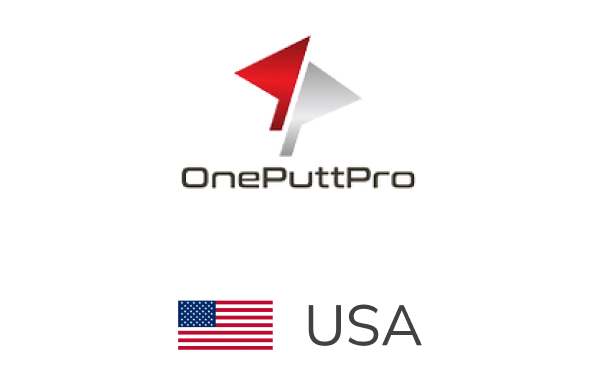
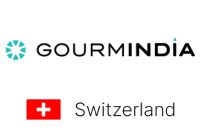
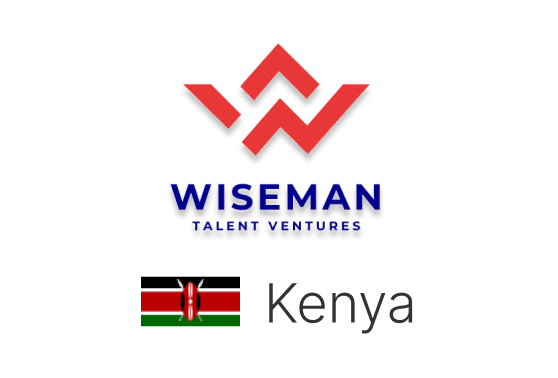

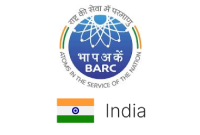
- Leverage 20 Years of Software Excellence for Your Bespoke Projects.
- Secure Your Complimentary 30-Min Consultation on Tailored Software Solutions.
- Request Your Personalized Quote Today.
- Embark on Your Custom Software Journey with Softlabs!
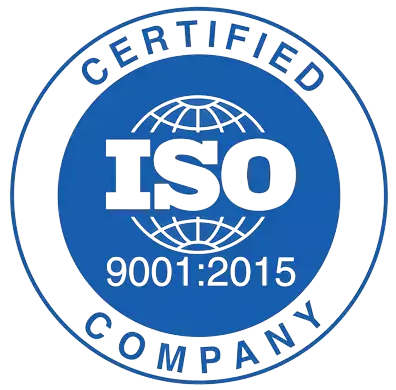

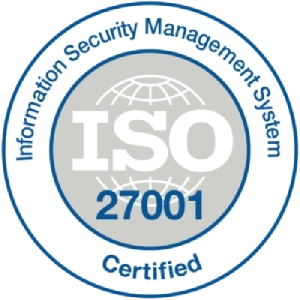
Why Wait?
Drop us a line
Frequently Asked Questions
Agile Software Development is an iterative and incremental approach to software design and development that promotes flexibility, collaboration, and customer feedback.
Unlike Waterfall's sequential stages, Agile divides the project into small parts that are completed in work sessions, allowing for regular reassessment and adaptation.
Yes, Agile principles can be applied to various types of projects, including marketing, HR, and event planning, due to their flexible and iterative nature.
Agile can be scaled for large projects using frameworks like SAFe, which provide structure for managing large teams and complex development processes.
Agile focuses on continuous testing and integration, which means quality is assessed regularly, allowing teams to address issues promptly.
Typical roles include the Product Owner, who represents the stakeholders; the Scrum Master, who facilitates the process; and the development team members.
Agile welcomes changes, even late in development. It’s designed to be responsive, allowing teams to adapt to changing requirements throughout the project lifecycle.
Progress in Agile projects is measured through working software, sprint burndown charts, velocity tracking, and feedback during sprint reviews.

